By Amanda Bibbins
Staff Writer
We’ve all seen the single-stream recycling bins in the Fens, and if you’re anything like me, you’ve quickly tossed away your trash regardless of the labels. After all, you’re in a rush and the labels are confusing. Does it really matter?
The Simmons World Challenge students know that it does.
Over winter break, twenty Simmons College sophomores (including myself) took two weeks to solve a major global issue.
While the topic of Simmons World Challenge changes from year to year, this year’s was unique; the topic focused on “Sustainability, Consumption, and Social Justice.”
“[It] allowed me to think critically about three issues I understood separately but didn’t know how to connect,” Political Science major Allie Stanley said of the experience.

The exclusive opportunity allowed students the opportunity to tour Casella Waste Systems in Boston. All of Simmons’ recycling goes to Casella, where it is then sorted into papers, plastics, glass, and compostables. Interestingly, the compostables from Simmons and Casella are deposited at Rocky Hill Farm in Saugus, Mass. (You’ll be delighted to know that Sara Smith, Simmons’ Sustainability Chair, has since redesigned those vague recycling signs with Casella.)
The students were not required to have any prior knowledge of the subjects before applying to World Challenge, which attracted a variety of students across several majors—from graphic design to international relations to environmental science.
“I didn’t know much about the subject matter coming into the program, the workload was heavy, and it was almost entirely independent and team-based. In other words, far outside of my comfort zone,” History major Claudia Lawry said. “It wasn’t easy, but it was never impossible either. I learned to rely on my teammates. There was a perfect balance between faculty support and allowing us to really explore something we were interested in.”
Who were the faculty who hosted the two-week crash course? Professor Teresa Nelson of the School of Management, Professor Michael Berger of the Chemistry Department, and Professor Ben Cole of the Political Science Department were responsible for organizing the coursework.
Other lectures came from Professor Ryan Raffety, Professor Greg Feldman, and several alumnae speakers. Among the alumnae was Aisha Shillingford, a local activist who instructed students on how to most effectively start a grassroots movement. Shillingford derives a lot of her experience from her involvement in the #BlackLivesMatter movement.
Professor Berger said of the experience as a faculty member, “The World Challenge is not only an amazing learning experience for students but also for faculty since much of traditional class structure just isn’t there. I’ve learned so much by being part of this student-led course; since it is impossible to predict what the outcome will be, you are always on your toes.”
Divided into five teams of four, the twenty students were required to brainstorm solutions to a big issue related to this year’s core theme.
One such solution developed by Urban Greenhouse Initiative was a greenhouse that would be maintained by Simmons students year-round on the second floor of Lefavour Hall. Another was an afterschool program developed by Urban Upcyclers to teach children about “upcycling,” or repurposing trash for creative uses.
These ideas, just two of the five “big ideas” that spawned from World Challenge, all try to educate the Simmons community (and beyond) about sustainability. How can we take the one Earth we have, and preserve its resources for generations to come?
While the topics were heavy and the nights were sleepless for most of the students, some were faced with larger challenges than initially expected. Political Science major Cecilia Elhaddad said, “The biggest obstacle we faced as a team was learning and adjusting to our roles in the project.”
Elhaddad’s team is BeeKissed Cosmetics, a student-organized non-profit that focuses on making organic lip balm out of beeswax. Her team’s mission is “to provide affordable and natural cosmetics to college students and promote environmental justice by supporting local environmental charities.”
Each student was required to write a daily blog entry on their process with the material. They tracked their development as both individuals and as team members.
To learn more about World Challenge and this year’s big ideas, contact Professor Cole or one of the World Challenge participants about the Community Presentations that are to be hosted on Wednesday, Feb. 18.









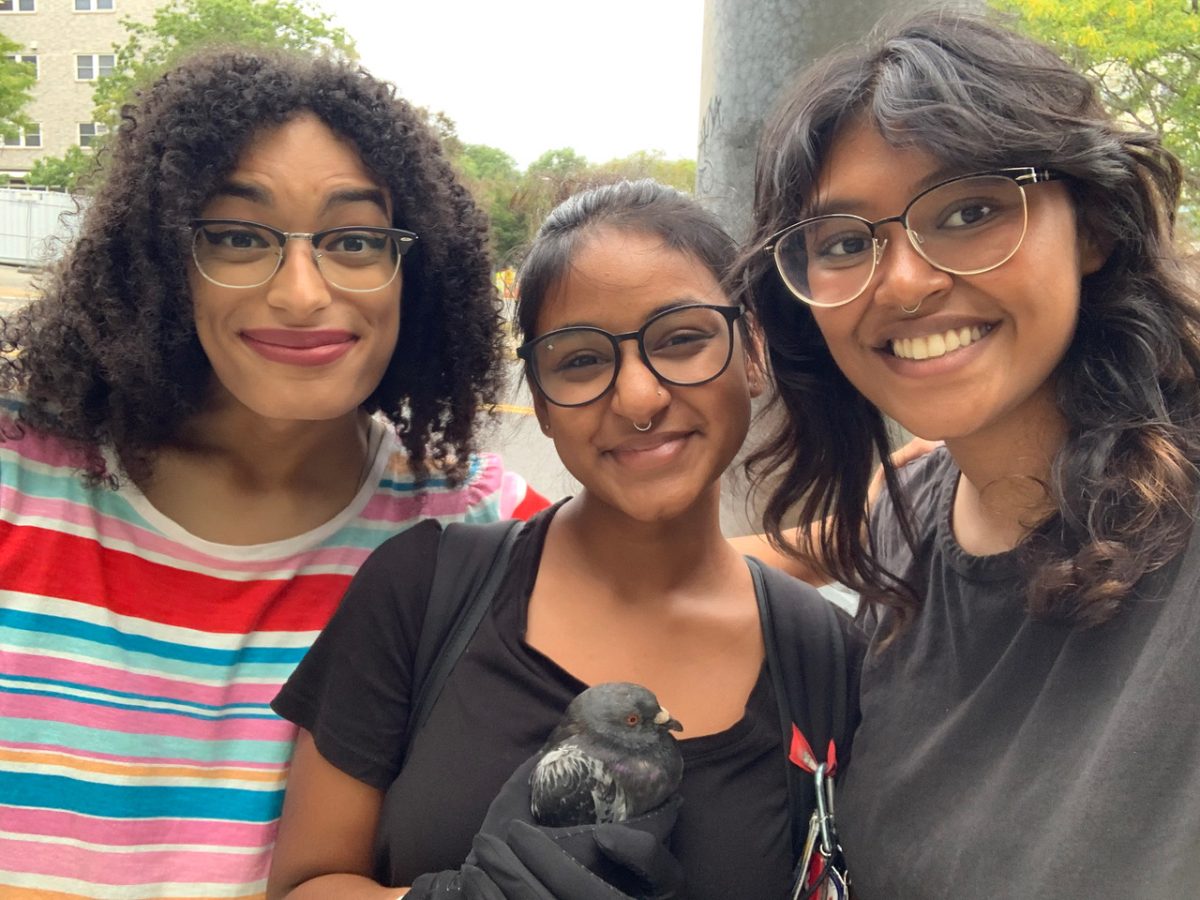
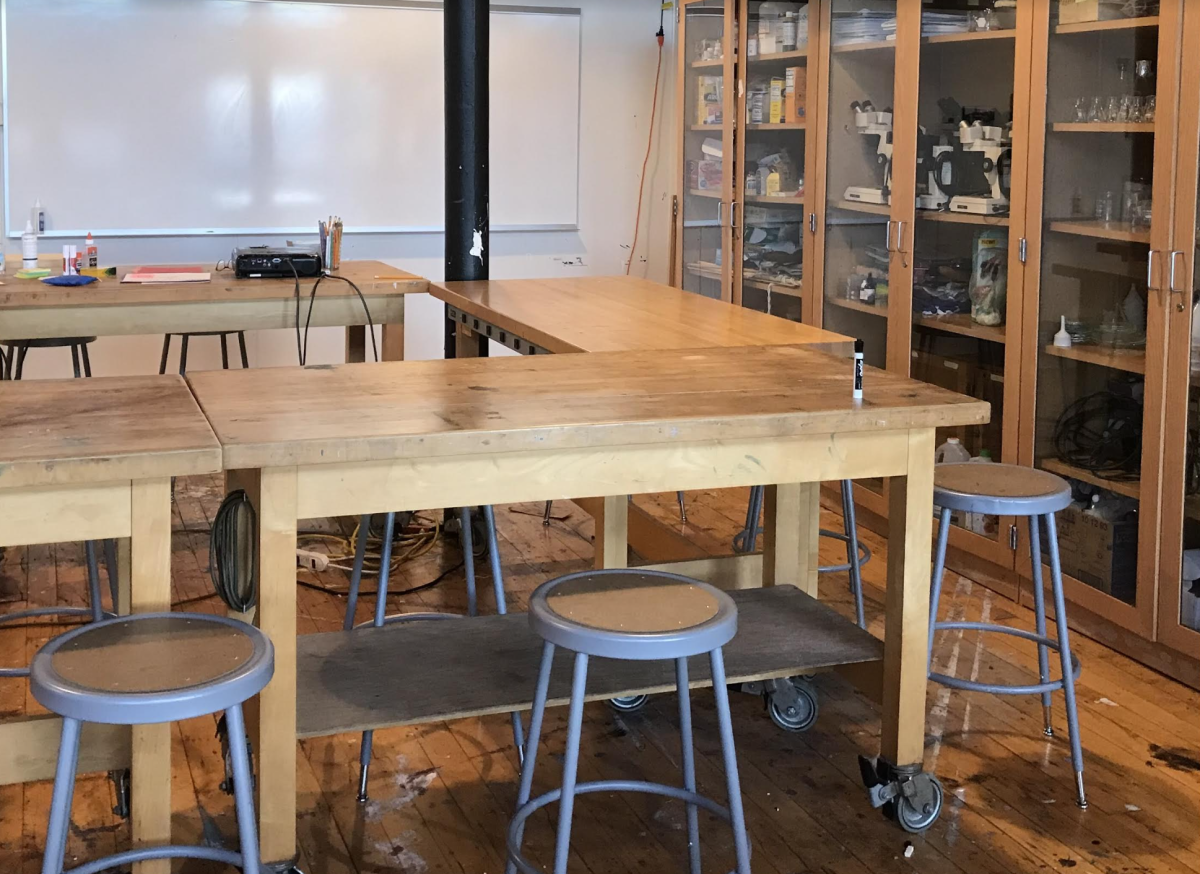
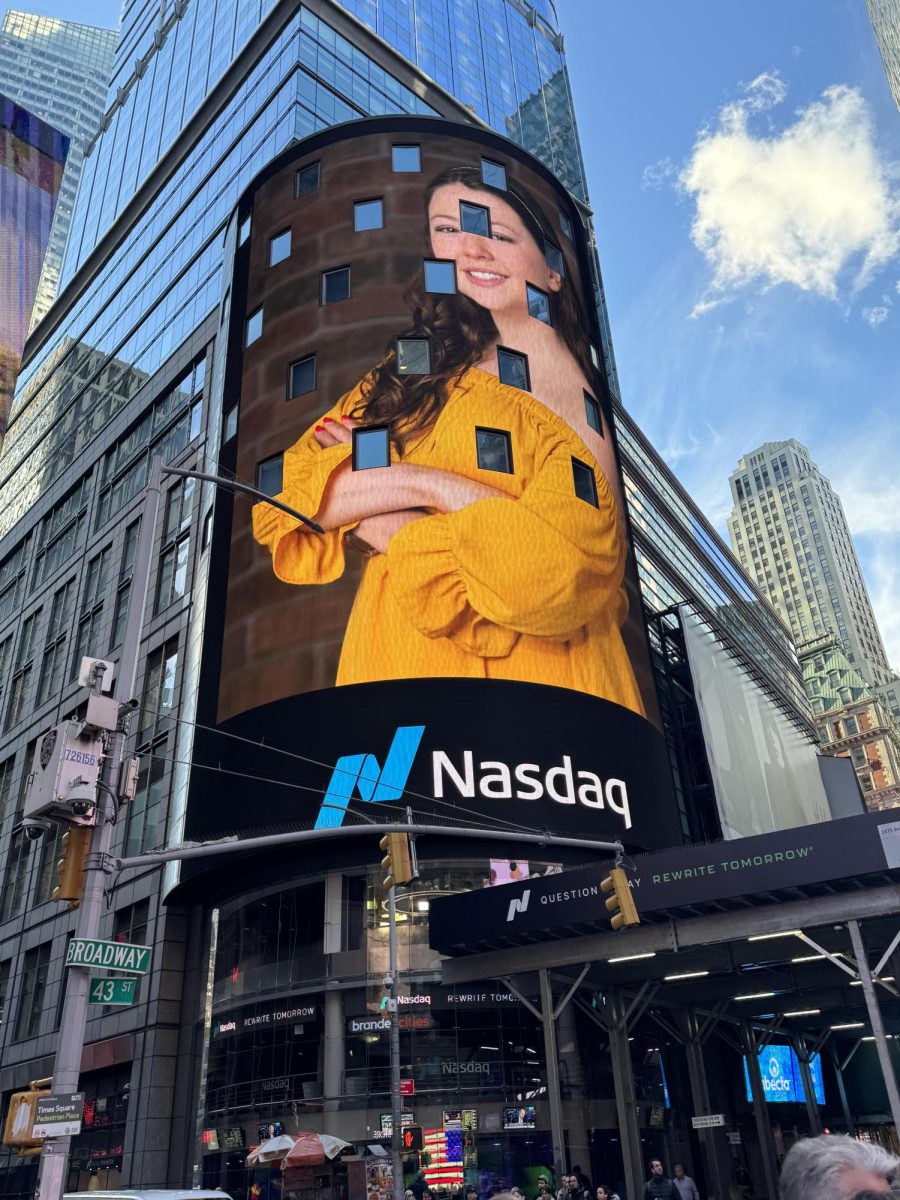
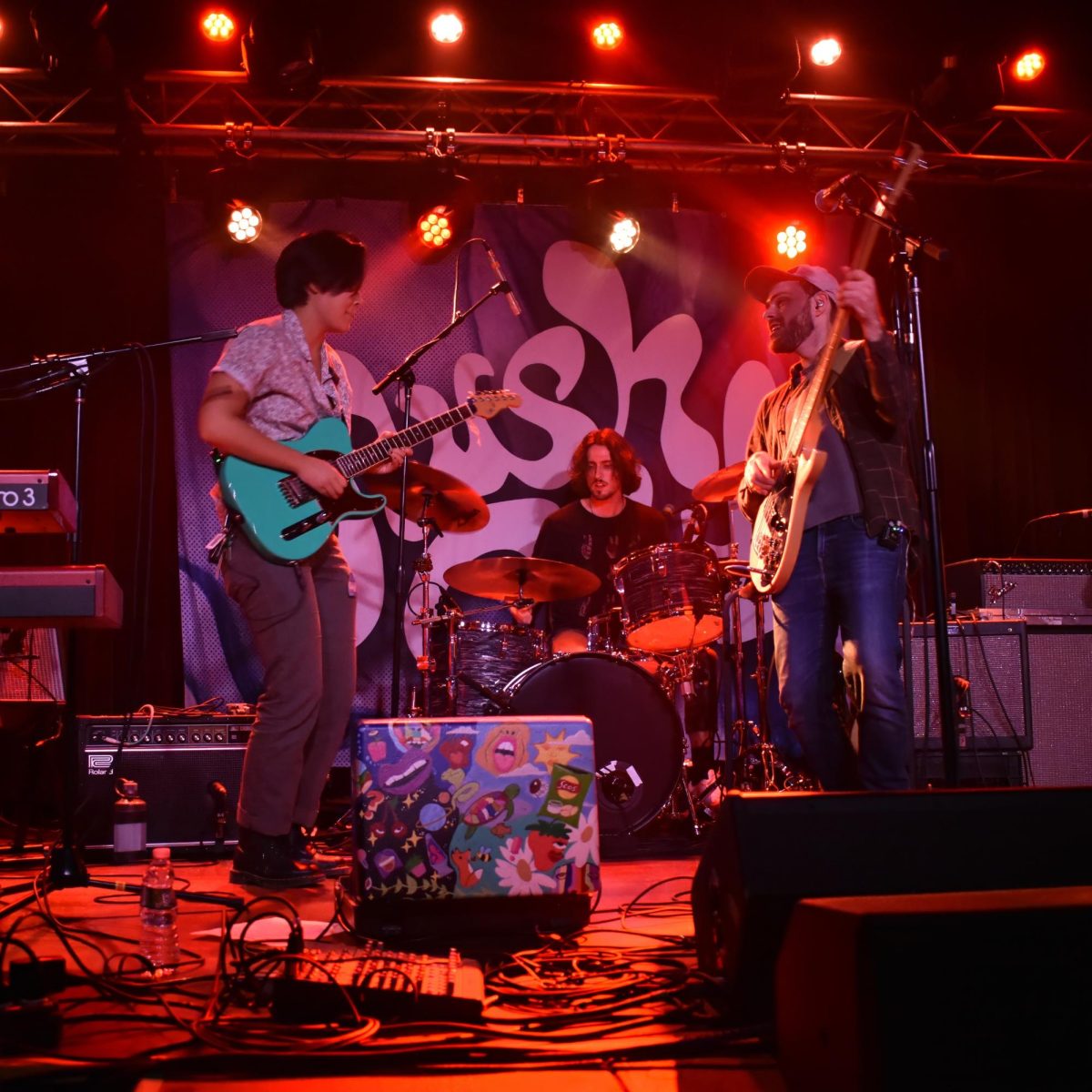
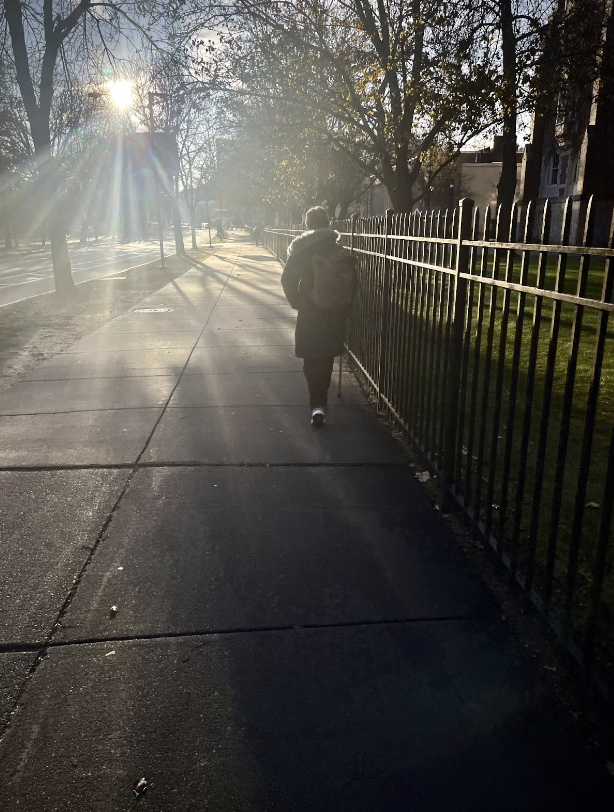
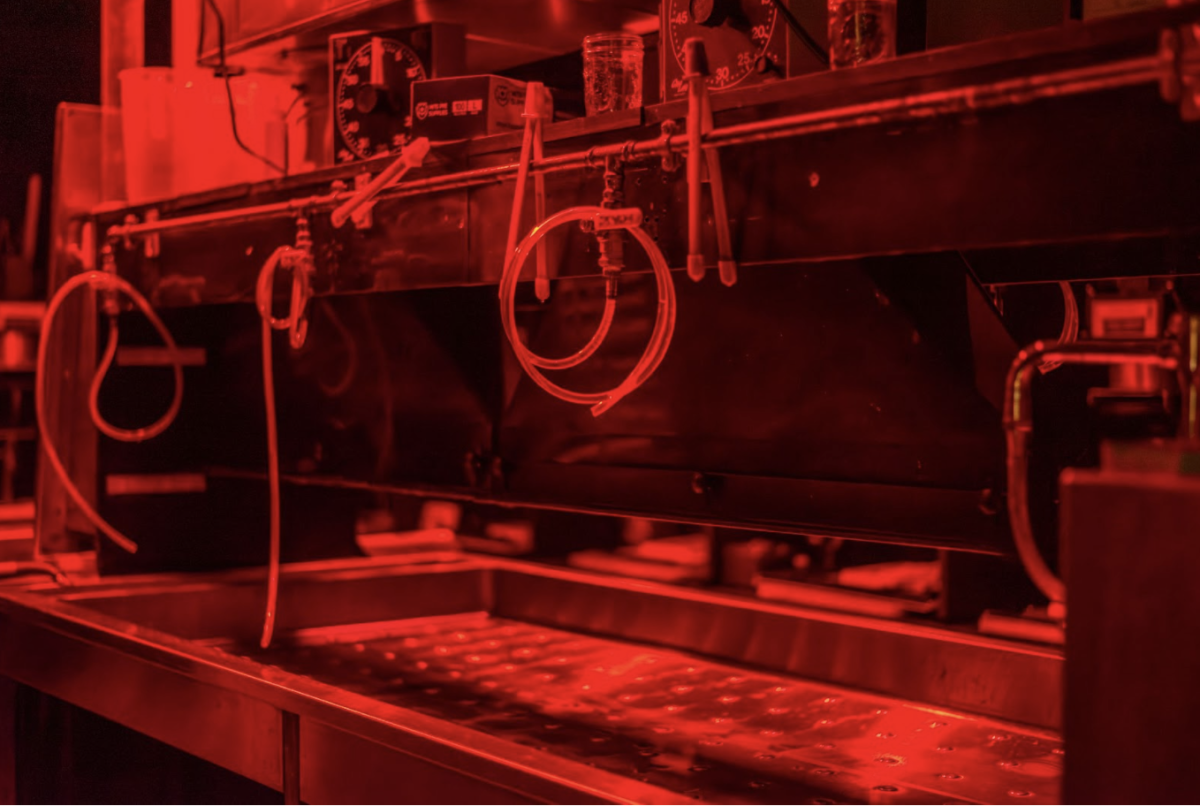

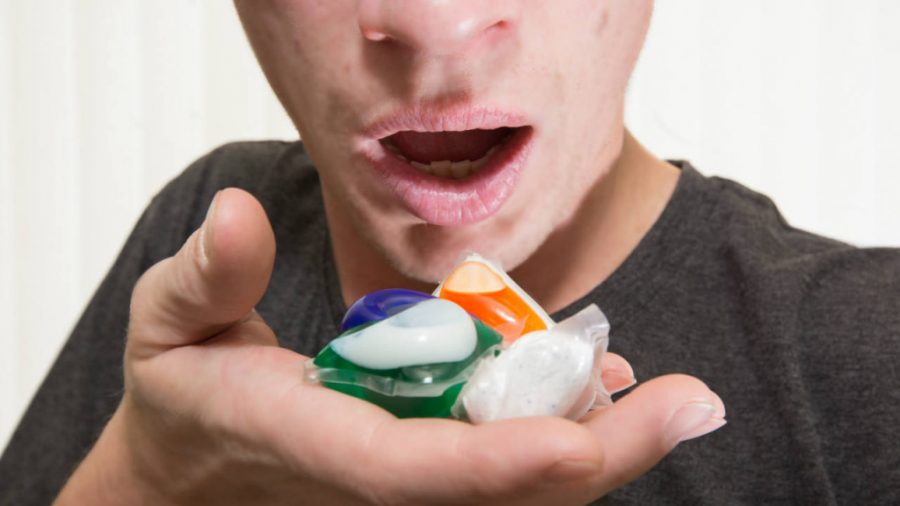

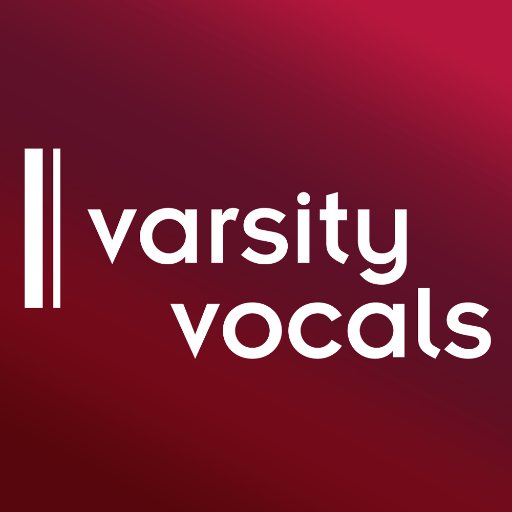
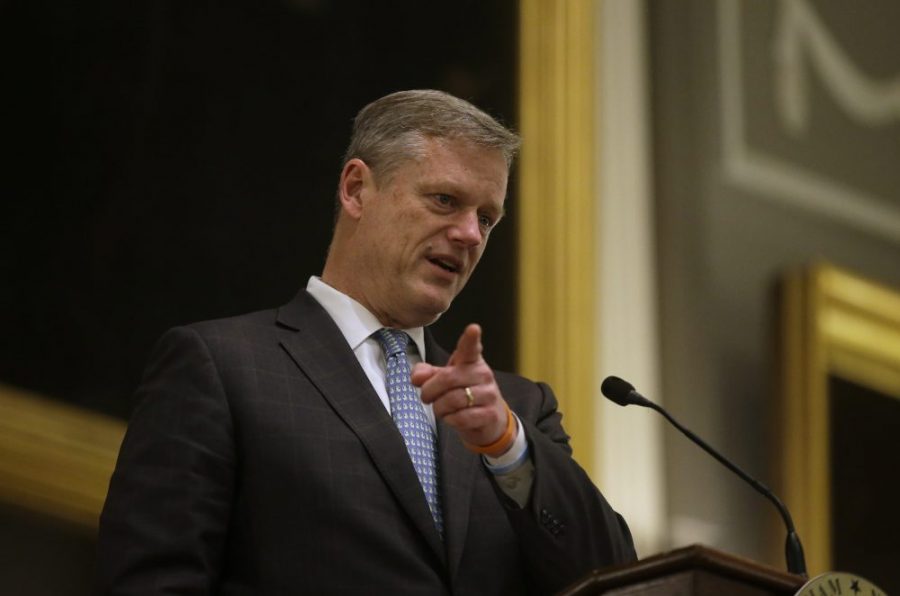
consofconsumption • Feb 4, 2015 at 9:42 pm
Reblogged this on The Cons of Consumption.